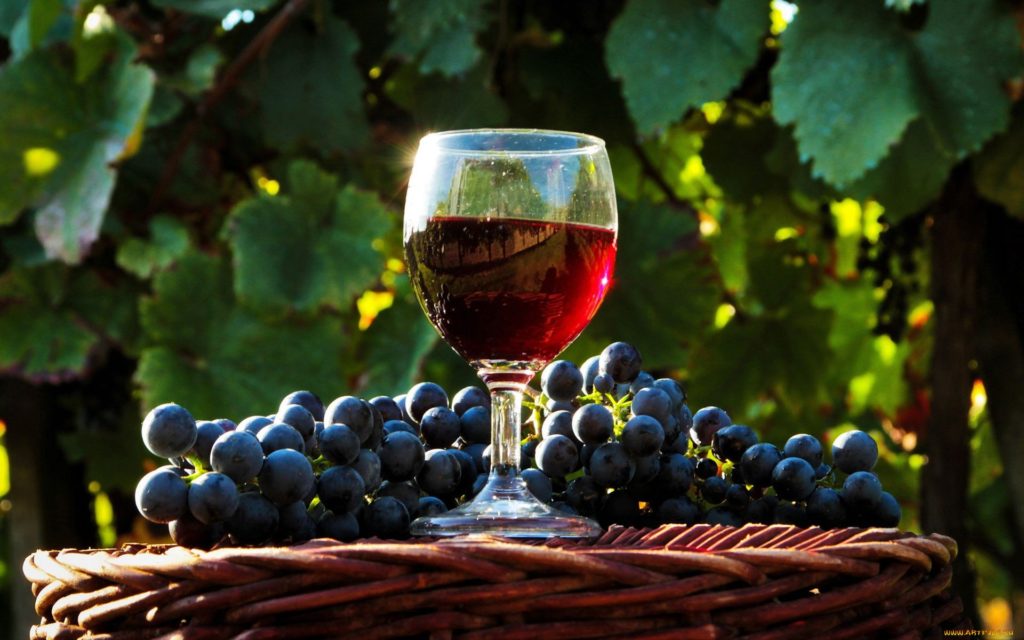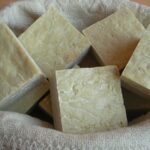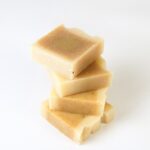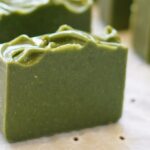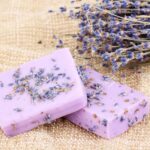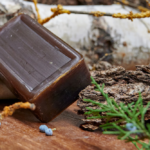A) Boğazkere
B) Çalkarası
C) Emir
D) Kalecik Karası
E) Narince
F) Öküzgözü
G) Sultaniye
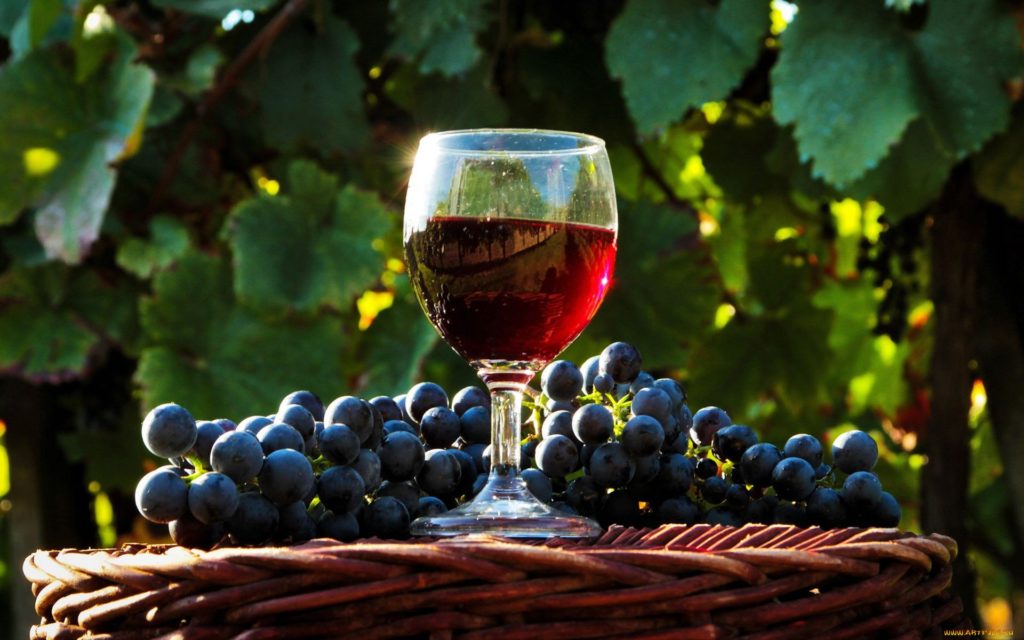
Turkey is a predominantly Muslim country, and most Turks do not consume alcohol, considered “haram” (prohibited) by Islam. But the country has a long wine tradition, benefiting from an ideal climate for viticulture. “The climate is very suitable, we have hot summers, humidity, so the plants are active and very happy,” explains the leading wine producer on the Gallipoli peninsula. In this article, we will talk about Turkish local wines.
The main wine producers in Turkey are on the Gallipoli peninsula, on the Aegean coast, in central Anatolia, and, for some, in the south-east of the country. The quality of some bottles produced in Turkey is excellent. We find reds, whites, and rosés at the same time. Turkey laments a lack of interest in Turkish wine abroad. Only 2% of Turkish wines are mainly exported to Belgium, but also Germany, Great Britain, and the United States.
But despite this, the producers remain hopeful. The situation is what it is at the moment, but that may change in the future. “What matters is the land and the climate that we already have,” say the producers. For them, Turkish wine “is gaining visibility in the world”, with gold medals won in competitions in recent years. And “some varieties show enormous potential for the international market”.
Here are some of Turkey’s grape & vine varieties
A) Boğazkere
The so-called “skyscraper” is mainly cultivated in southern Anatolia. Boğazkere wines, either monovarietal or blended with Syrah, are intense, dense, and well structured red wines with medium acidity and excellent aging potential. They are reminiscent of wines made from the Tannat grape variety.
Climate
Grapes prefer a hot and dry climate and high altitude locations. They are quite resistant to drought.
Soil
Sandstone or red clay.
Grape
Dark blue, almost black. The berries are small to medium in size with a thick skin. Maturation is late (mid-October).
Aromas
Black cherry, raspberry, blackberry, pepper, clove, eucalyptus, tobacco, leather, pines, dark chocolate, licorice.
Goes well with
Meat dishes in spicy sauce, kebab, Barbecue, Lamb Tandir (cooked slowly in the oven), sharp cheese.
B) Çalkarası
This grape is cultivated mainly in the Aegean region. It is the basis for exceptional rosé wines and light fruity red wines. The marked acidity makes the wines lively and balanced with an alcohol content of 12 to 13.5% vol.
Climate
Mild Mediterranean with more severe conditions at altitude. Temperatures between 40 ° C in summer and -10 ° C in winter. About 80 days of precipitation per year, especially in winter.
Soil
Loess and clay in the plains and limestone at 1100 m.
Grape
Black purple in color, oval shape. The berries are medium in size. Maturation is in the middle of the harvest.
Aromas
Peach, strawberry, fresh red fruit, ripe white fruit
Goes well with
Appetizers, oriental dishes, seafood, slightly spicy pasta.
C) Emir
Emir is a white grape from the Cappadocia region of central Anatolia. It is cultivated especially around Niğde und Nevşehir. Its name comes from the fact that the local princes (the Emirs) liked to have it at the table very much. Since the Roman era, fresh white wines have been vinified, with a straw-yellow color and green reflections, which show aromas of apples and mineral notes. On the palate, it is lively, light to medium body with a marked acidity, pleasantly fruity, and sometimes a little vegetal. This grape variety is also used for the production of sparkling wines. It should not be aged in oak barrels.
Climate
Steppe climate, significant temperature differences between day and night, colder and drier than in the Mediterranean coastal area.
Soil
Sand, sandstone, volcanic soil, tuff. Mineral soils.
Grape
Slightly oval, yellowish-green, medium berries on medium, conical bunches. Ripe in the middle of the harvest.
Aromas
Apples, pineapple, kiwi, lemon, blood orange, white rose.
Goes well with
Salmon and other fishes, seafood, asparagus, poultry in tomato sauce, cream pasta, salad without vinegar, Sushi.
D) Kalecik Karası
The Kalecik Karası grape, “the black of Kalecik” was probably already known by the Hittites. It is cultivated near the border with Iran and Armenia on Mount Ararat, or according to the Old Testament Noah lands with his ark, as well as in the Ankara region in the Kızılırmak valley. Here a village bears the name Kalecik, and you can even find a small castle. The wines from this grape variety have the color of dried roses and show aromas of caramel on the nose. The more noble versions seduce with their lively aromas, fruity with red fruits. On the palate, this wine has a medium body with soft tannins, it is fruity and lively with present acidity. In warmer regions, it sometimes reaches 14% vol. of alcohol, which makes it a fairly full-bodied wine.
Climate
Hot and dry summers, mild winters.
Soil
Loess and siliceous clay
Grape
Black-blue berries, medium in size, round with thick skin. Medium, conical and compact bunches. Ripen in the middle of September.
Aromas
Red fruits, cherries, strawberries, raspberries, cotton candy, game, stable.
Goes well with
Pizza, meat in tomato sauce, grilled chop, pasta in tomato sauce.
E) Narince
Narince means “finely”. This grape variety ripens mainly in northern Anatolia around Tokat and along the Yeşilırmak river. It is used as a table grape and for wine production. Also, the leaves of this grape are very popular for the production of Sarma, a regional specialty: stuffed vine leaves. At the base of Narince, dry and semi-dry wines are vinified. They have a yellow-greenish color and a very fruity taste. Due to their marked acidity, Narince develops with age a complex bouquet. There are aromas of flowers, yellow fruits, and citrus. On the palate, they are round, full, and have a balanced acidity. Narince is generally blended with Chardonnay and aged in oak barrels.
Climate
In Tokat in the border area between a maritime climate and a continental climate.
Soil
River bed, Paleolithic dejection cones.
Grape
Large, oval, yellow-greenish grapes with bronze discolorations. Large, conical bunches with one or two shoulders. Maturation is in the second half of September.
Aromas
Orange, lime, pineapple, quince, floral notes, acacia, plum, basil, ripe green apples, nuts.
Goes well with
Grilled fish, spicy poultry, eggplant salad, onion dishes, appetizers.
F) Öküzgözü
Öküzgözü means “bull’s-eye.” The name refers to the great black grapes of this grape variety. On the palate the red wines of Öküzgözü are medium-bodied, well structured, fruity with balanced tannins and lively acidity. The alcohol content is generally between 12.5% and 13.5% Vol. The aromas show floral and fruit notes. Öküzgözü wines gain in quality with age. The grape goes well with Boğazkere.
Climate
Cold winters, hot, dry summers.
Soil
Red clay, granite, clay-limestone, sandy clay and limestone.
Grape
Large, round black berries with lots of seeds. Ripen in the middle of September.
Aromas
Raspberry, black cherry, mint, chocolate, eucalyptus, morello cherry, pomegranate, ripe plum, cherry jam, cloves, cardamom.
Goes well with
Stews, smoked dishes, eggplant, kebab, grilled meats.
G) Sultaniye
This variety is mainly cultivated in the west of Anatolia and in the Aegean Sea. It is mainly used as a table grape and for the production of raisins, but the Sultaniye also gives light, fruity and tasty wines. They can be dry or semi-dry. The young ones taste best.
Climate
Mild Mediterranean with harsher conditions at altitude. Up to 40 ° C in summer and 10 ° C in winter. About 80 days of precipitation per year.
Soil
Loess and clay in the plains and limestone at an altitude of 1100 m.
Grape
Medium in size and round. Ripen in the middle of the harvest.
Aromas
Asparagus, pear, pineapple, flowers, mango, lemon, yellow and green apple, hay.
Goes well with
Grilled or steamed fish, seafood, poultry, cream pasta.
If you wish to buy wine from Turkey, please do not hesitate to contact us by mail at [email protected] or to call us at +90 532 361 5149. We can help you to get in direct contact with producers or provide you everything that you need.
